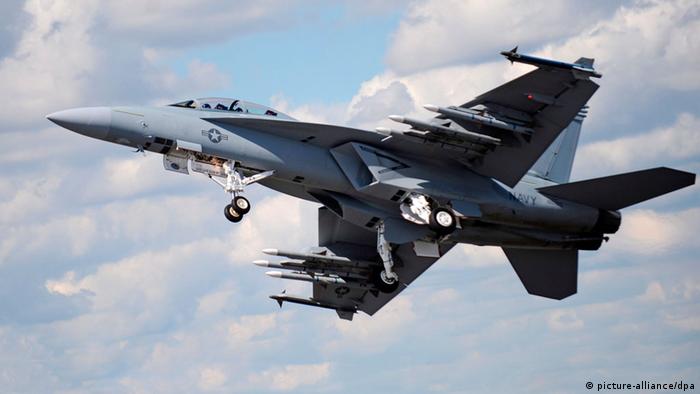
The Islamic State in Iraq and Syria or “ISIS” has made aggressive moves across the nations of Syria and Iraq. The goal of ISIS is to create an Islamic caliphate, a goal that they have claimed to have accomplished already by terrorizing the Iraqi and Syrian populations with swift, aggressive, and brutal advances. Many have been forced to convert their religion to the strict interpretation of Sunni Islam or be killed in brutal fashions such as beheadings or firing squads.
Iraq’s majority group is the Shiites. The government in power is led by Iraq’s prime minister, Nuri al-Maliki, is a Shiite Muslim. Many experts believe that the lack of inclusiveness of Sunni Muslims in Iraq, has led ISIS to find support within that community. The Government has recently named a new PM.
Meanwhile in the north, ISIS has made swift advances in 2014. Largely, the United States and others in the international community have done little to help the Iraqi government combat the advances of ISIS, putting the responsibility on the Iraqis. That was until recently.
United States President Barack Obama ordered limited airstrikes on ISIS targets and the protection of Yazidi Iraqis (Ethnic Kurds who practice a religion that draws from Zoroastrianism, Christianity and Judaism). The group was chased into hiding on Sinjar Mountain by ISIS with little or no access to food or water creating a humanitarian crisis. The U.S. Central Command reported that drones and pilots hit specific ISIS targets near Irbil and also dropping humanitarian airlifts of food and water to those trapped on the mountain.
President Obama cautioned it could be a long term project to protect our interests in Iraq and to make sure the goals of a stable, democratic Iraqi Government (one of the focal points of the 2003 invasion) lasts and does not fall to a terrorist organization. However, the problem of fully combating ISIS is that ISIS still operates in Syria. There was much opposition to U.S. military strikes by Russia and China in the United Nations and the U.S. Congress failed to authorize airstrikes in Syria against limited targets. With the goal of an Islamic Caliphate, ISIS does not recognize the borders put in place, but the International Community does and cannot legally strike within Syria because Syria has not invited outside help to strike ISIS like Iraq has done.
What do you think the International Community should do in this situation? Any ideas as to how ISIS be fully contained if they are only struck in Iraq and not in Syria?
Sources:
ISIS has been in the news continuously these past few weeks. They have been very aggressive and they continue to threaten, kill, and terrorize non-Muslims. When this will stop is unknown, unless the United States and other countries step in to help dismantle ISIS. If ISIS is not stopped now, they will continue to kill in Iraq and Syria, and they will not stop there, they will move the terrorism abroad as well. The United States Military needs to infiltrate before it gets any worse. Thousands of people were coerced and cornered on Mount Sinjar, killed, or injured, and left for dead by ISIS for their differing religious beliefs last week. But ISIS is not stopping there; more and more threats are being made and there is no indication that they will stop. Just yesterday ISIS beheaded journalist James Foley, and posted the brutal murder online for all to see. I hope something is done soon to minimize the violence.